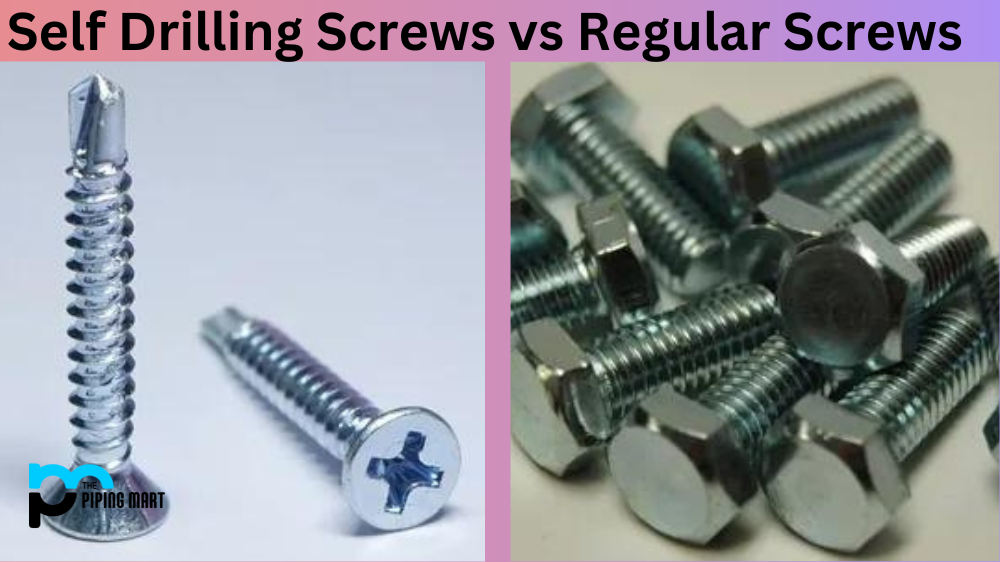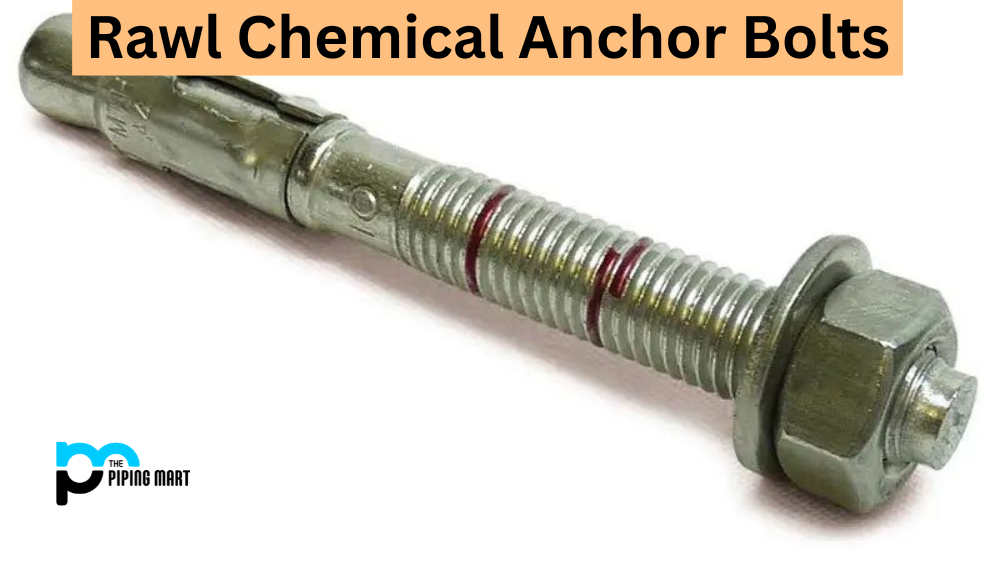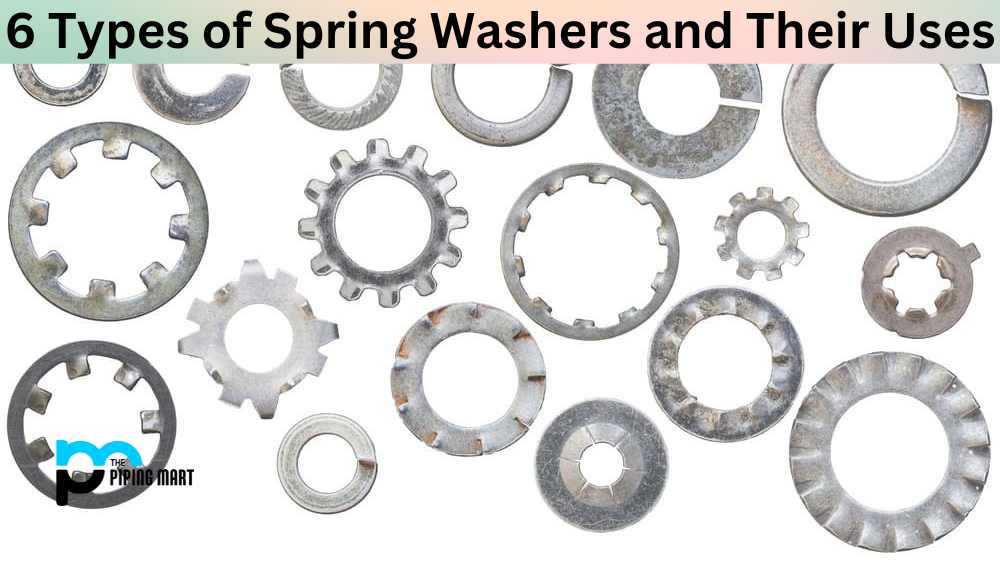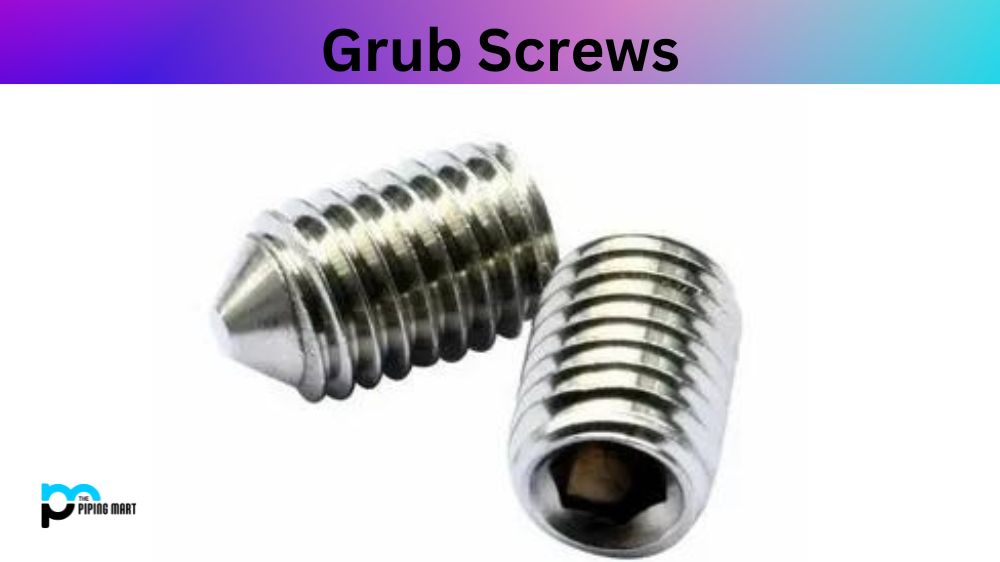Screws are an essential part of any construction or DIY project. And when it comes to screws, the choice between self-drilling screws and regular screws can be confusing. Which is better? Which one should you use for your project? In this blog post, we’ll discuss the differences between self-drilling screws and regular screws, their advantages and disadvantages, and which one you should choose, depending on your project requirements.
What is Self-Tapping Screw?
As their name suggests, they are screws that can drill through materials without a pilot hole. They have a pointed end that helps them penetrate the material, and their threads are designed to create their line in the material. Self-drilling screws are mainly used for metal-to-metal applications but can also be used for wood and plastic.
What is Regular Screw?
On the other hand, regular screws are the traditional screws, which require a pilot hole before screwing in the material. They are usually used for wood, drywall, and other soft materials. Regular screws have a flat head, and they are designed to fit into pre-drilled holes.
Differences Between Self Drilling Screws and Regular Screws
Advantages
Self-drilling screws offer several advantages over regular screws. They save time and effort since you don’t need to pre-drill a hole before using them. Thanks to their design, they are also less likely to slip or strip compared to regular screws. Self-drilling screws are ideal for applications with limited access and visibility, making it hard to pre-drill a hole.
Disadvantages
However, self-drilling screws have a few limitations as well. They are not suitable for hard materials like concrete or stone. Since they are designed to drill through materials, they are more expensive than regular screws. And if you accidentally overtighten them, they could break or snap easily.
Applications
Regular screws are still the best choice for some applications, especially for soft materials like wood and drywall. They are less expensive than self-drilling screws and offer a more secure fit since you can use a pilot hole to ensure they are in place.
Other Differences
- Self-drilling screws are specially designed to drill their own holes as they are driven into a material, whereas regular screws require a pilot hole to be prepared first.
- Self-drilling screws are made from harder metals than regular screws, allowing them to drill through more rigid materials.
- Self-drilling screws are typically used in applications where speed is of the essence, as they can be driven into a material much faster than regular screws.
- The downside of self-drilling screws is that they are more likely to strip the threads of a hole than regular screws, so they should be used carefully.
- Self-drilling screws are also more expensive than regular screws, so they should only be used when necessary.
Conclusion
Choosing between self-drilling screws and regular screws depends on your project requirements. If you need to attach metal sheets or tricky materials, self-drilling screws are the best choice. They are efficient and secure, providing a stronghold. However, if you need to screw in soft materials like wood or drywall, regular screws work just fine, and they are the cheapest option as well. You know which screw to use when will help you save time, money, and effort in your DIY projects.

Meet Bhavesh, a seasoned blogger with a wealth of knowledge and experience. From metal products manufacturing to retail, Bhavesh has a diverse background in various industries and is dedicated to sharing his insights and expertise with readers.




